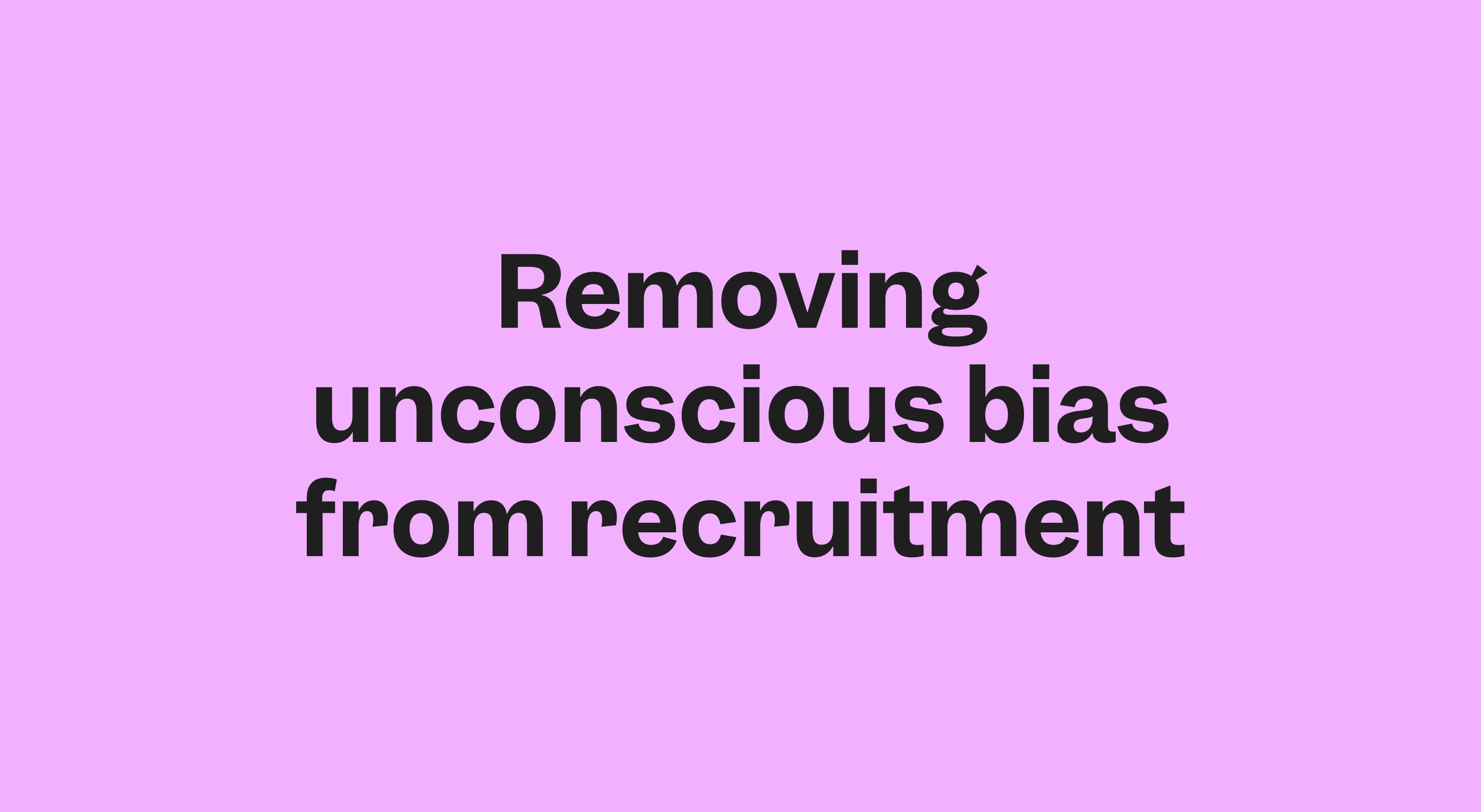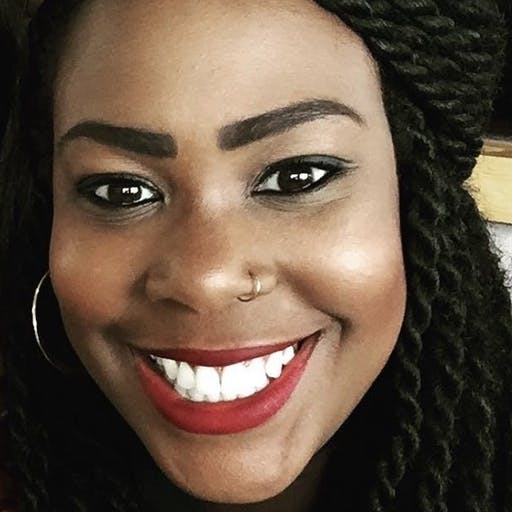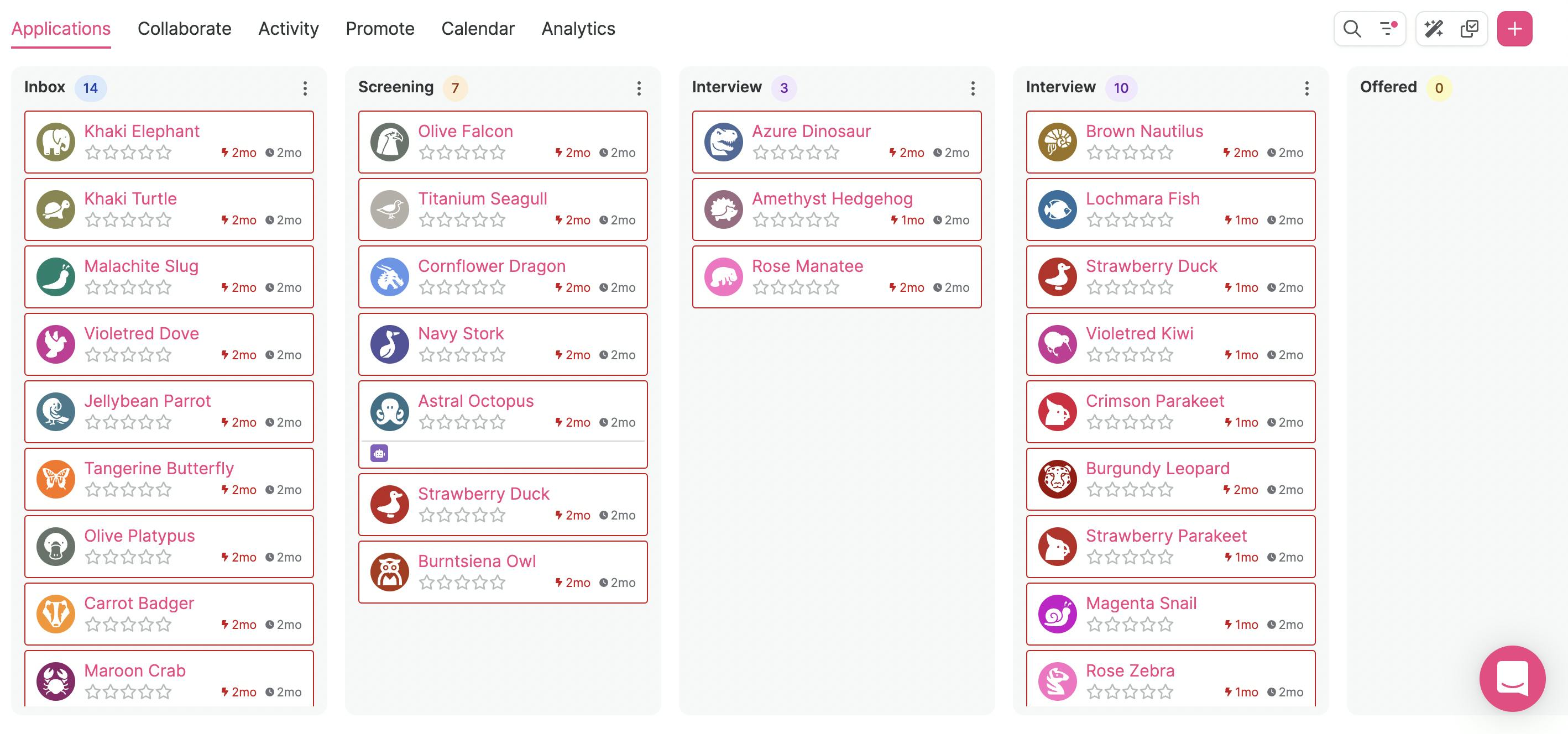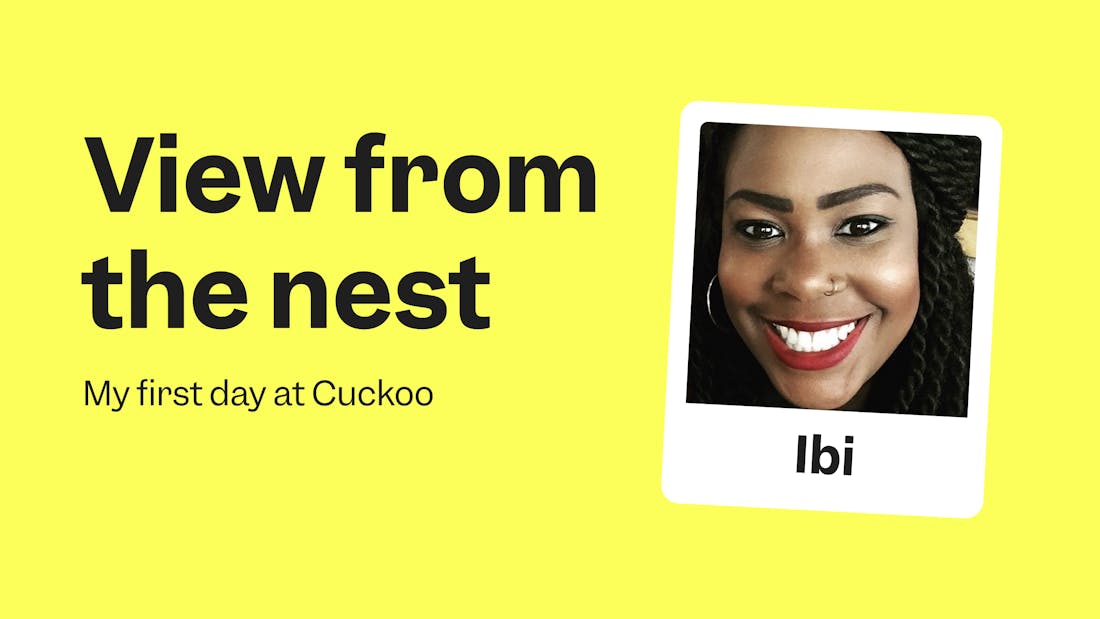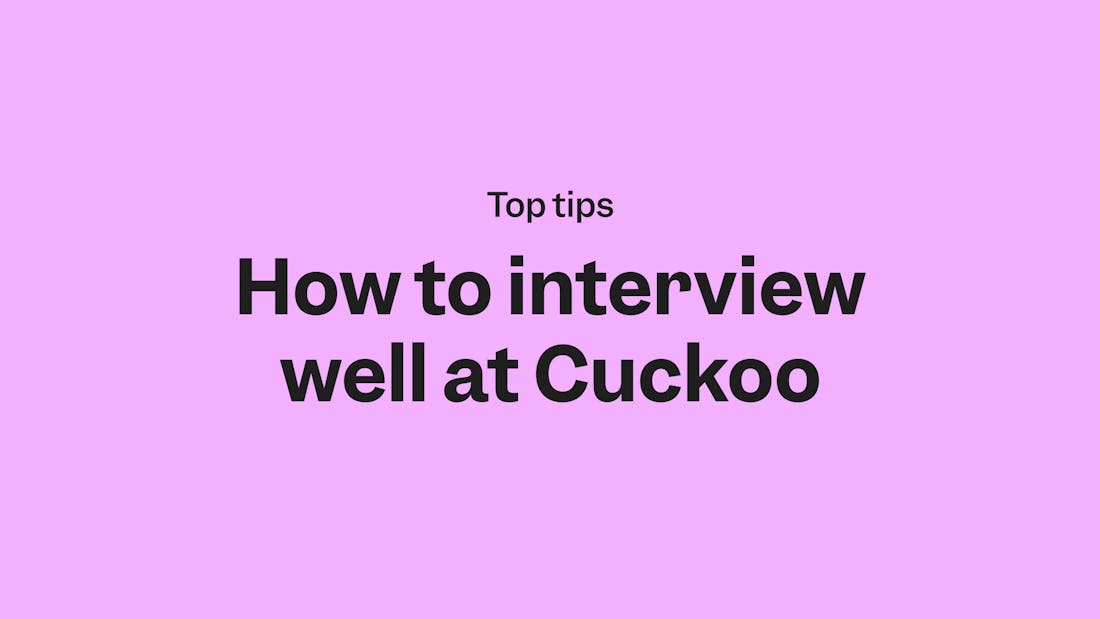
- ArticlesTeam
How to interview well at Cuckoo
Interviewing for new roles can be a daunting and nerve-wracking experience. If you have numerous interviews on the horizon - feeling prepared to put your best foot forward can feel overwhelming - especially when you’re not sure what to expect.
